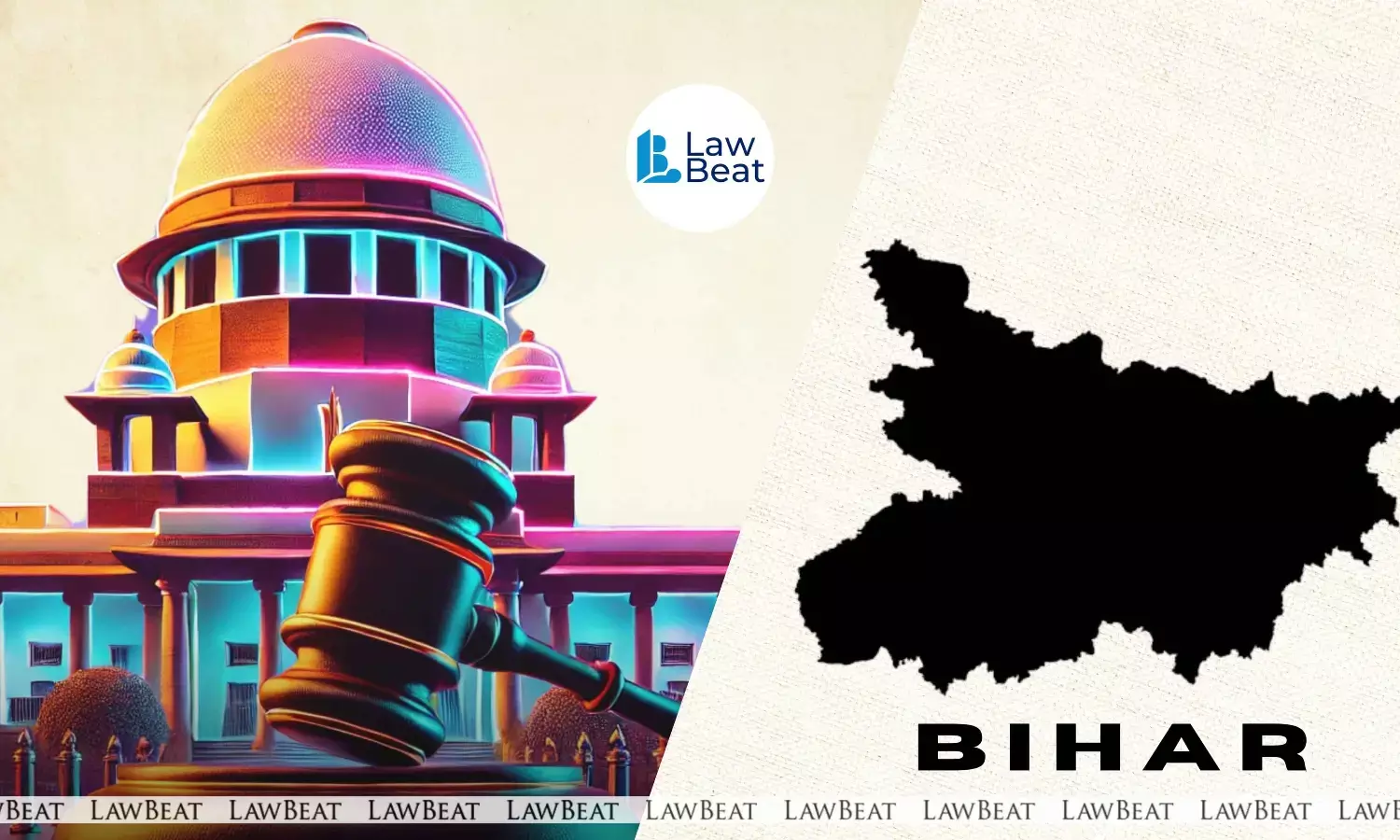Bihar Electoral Roll: No Voter Will Be Removed Without Notice, ECI tells SC

In a high-stakes hearing hearing on the Election Commission of India’s (ECI) ongoing Special Intensive Revision of electoral rolls in Bihar, Senior Advocate Rakesh Dwivedi, appearing for the poll body, strongly defended the revision process, assuring the Supreme Court that no voter would be deleted without due notice, opportunity to respond, and valid reasons.
Arguing before the Bench of Justice Sudhanshu Dhulia and Justice Joymalya Bagchi, Dwivedi contended that the ECI was exercising its constitutional powers to update electoral rolls under Section 21(3) of the Representation of the People Act, and that such revisions were necessary from time to time.
Citizenship Proof Not the Purpose, But Needed Where Records Are Missing: ECI
Dwivedi explained that the electoral roll revision is fundamentally about verifying the ordinary residence of voters. “The constituency where I vote depends on where I am ordinarily resident,” he said, clarifying that each document listed for verification serves a specific purpose, though none alone conclusively establishes citizenship.
When Justice Dhulia asked if Aadhaar could be used as proof, Dwivedi replied, “Aadhaar proves identity, but not citizenship or domicile. It is issued to all residents, including non-citizens, under the Aadhaar Act.”
However, the Court pointed out the inconsistency that caste certificates, based on Aadhaar data, are accepted, yet Aadhaar itself is excluded from the ECI’s list.
Dwivedi responded that Aadhaar was excluded due to legal restrictions but could still be used to verify identity at the objection stage.
ECI Assures: No Arbitrary Deletion, Dead and Migrated Voters Will Be Removed
Dwivedi told the Court that over 60% of the forms, around 5 crore, have already been filed, and that political parties have been authorised to help in collecting pre-filled forms from voters. The new “ECI Net” system would ensure that documents are uploaded digitally to avoid future duplications of effort.
The revision is essential, Dwivedi argued, as approximately 1.1 crore voters have died and 70 lakh have migrated from Bihar since the last major revision in 2003. “We are leaving no stone unturned to ensure that every eligible elector is on board, minus those who are dead or migrated,” he said.
Court Flags Timeline, Risk of Omissions
The Bench expressed concern over the feasibility of completing such an exercise in just 30 days, questioning whether some voters might be inadvertently left out. Justice Dhulia asked, “So you’re assuring that no one will be left out, not even by mistake?” Dwivedi replied confidently, “That’s not possible.”
Justice Bagchi warned that voters unable to fill the forms due to unavoidable circumstances could face wrongful omission, but Dwivedi countered that all such cases would be addressed at the objection and hearing stage.
Petitioners Argue for Using January 2025 Roll as Draft
On behalf of the petitioners, Senior Advocates Gopal Sankarnarayanan and Shadan Farasat argued that the January 2025 electoral roll, which already lists 7.9 crore electors, should be the draft roll, preventing mass deletions. They questioned the necessity of forcing all voters enrolled after 2003 to submit fresh forms.
“Test Our Credentials in August”
Responding to concerns about the process’ timing ahead of the Bihar Assembly elections in November, Dwivedi urged the Court to let the exercise continue for now.
Dwivedi contended, "Let us prove our credentials. List the matter in the first week of August, by then, the form-filling stage will be over. It’s the elector’s choice what documents they wish to submit. Test our process in August. If needed, stop us".
"July 1 is the cut-off for enumeration, but for the election, the qualifying date is October 1. Anyone who becomes eligible before the last date of nomination can still be added, that’s the legal position," he submitted.
To this, the Court said, "Fair enough. We have no reason to doubt. Since they are saying let their credentials be tested, we’ll list the matter in July, and in the meantime, the draft roll will not be published...There is a democratic process which is on. It's a part of democratic process also….You may question it, we'll examine it, no doubt about that. So that's what the question is. We can't stop the constitutional body."
The Court allowed the Election Commission of India (ECI) to proceed with its Special Intensive Revision (SIR) of electoral rolls in Bihar but directed that documents like Aadhaar, EPIC voter ID cards, and ration cards should also be considered in the process.
Notably, during the pre-lunch hearing, Senior Advocates Gopal Sankaranarayanan, Kapil Sibal, and Abhishek Manu Singhvi led arguments for various petitioners including the Association for Protection of Civil Rights (ACPCR), PUCL, and RJD leader Manoj Jha.
Opening arguments, Sankaranarayanan explained that the Representation of People Act and the Rules permit only two types of voter list revisions; Summary and Intensive, but the ECI had suddenly introduced a “Special Intensive Revision” with no legal backing. “Everyone in Bihar, 7.9 crore people are now being subjected to this,” he argued.
He further contended that the process only accepts 11 documents for proof of citizenship, excluding Aadhaar and voter ID. “Even if you’ve voted in five elections, they won’t presume you’re a citizen unless you file a fresh form. If you don’t, you’ll be deleted from the roll,” Sankaranarayanan submitted.
Case Title: Association for Democratic Reforms & Ors. v. Election Commission of India
